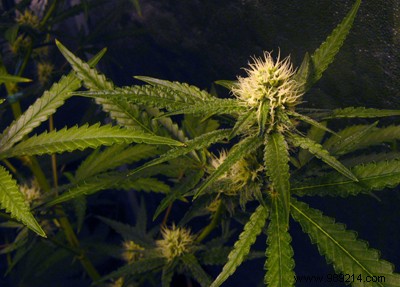 As experts in public health, we approach the topic of cannabis—often termed a 'soft' drug—with care. Though more accessible and widespread than hard drugs like cocaine or heroin, its effects are significant. With ongoing legalization debates in Europe, particularly France, this guide draws on established research to outline key risks and proven prevention strategies.
As experts in public health, we approach the topic of cannabis—often termed a 'soft' drug—with care. Though more accessible and widespread than hard drugs like cocaine or heroin, its effects are significant. With ongoing legalization debates in Europe, particularly France, this guide draws on established research to outline key risks and proven prevention strategies.
Cannabis is commonly labeled a 'soft' drug due to its lower potential for physical and psychological dependence compared to hard substances like cocaine and heroin.
Overdose fatalities from cannabis are virtually nonexistent. That said, the term 'soft' can be misleading given its long-term effects, which is why some experts prefer 'slow drug.' In essence, psychoactive substances like cannabis alter mood, consciousness, will, and judgment, potentially leading to addiction.
Psychoactive substances can be legal (e.g., alcohol, tobacco, medications) or illicit. Legality doesn't equate to safety—tobacco and alcohol pose risks comparable to cannabis.
Consider acute dangers like impaired driving, alongside chronic toxicity to the body and mind. With frequent or daily use—termed 'at-risk'—or addiction (multiple times daily), cannabis, alcohol, and tobacco carry similar long-term threats.

Cannabis is France's most consumed illicit drug and the world's most used overall. Its health impact is far lower than heroin (the deadliest) or highly addictive amphetamines.
Addiction often stems from social factors like peer influence, parental smoking, boredom, or self-medication for issues like depression or anxiety. Like many substances, it initially eases social interactions by reducing inhibitions.
Marijuana's consequences are milder than those of tobacco or alcohol. A fatal THC overdose would require 4,000 times a typical joint's dose. In 2010, alcohol and tobacco caused 10% of total mortality, versus 1% for all illicit drugs.
The primary risks include diminished willpower, concentration, and social withdrawal—counter to its initial appeal. Early intervention and support are crucial for those affected.